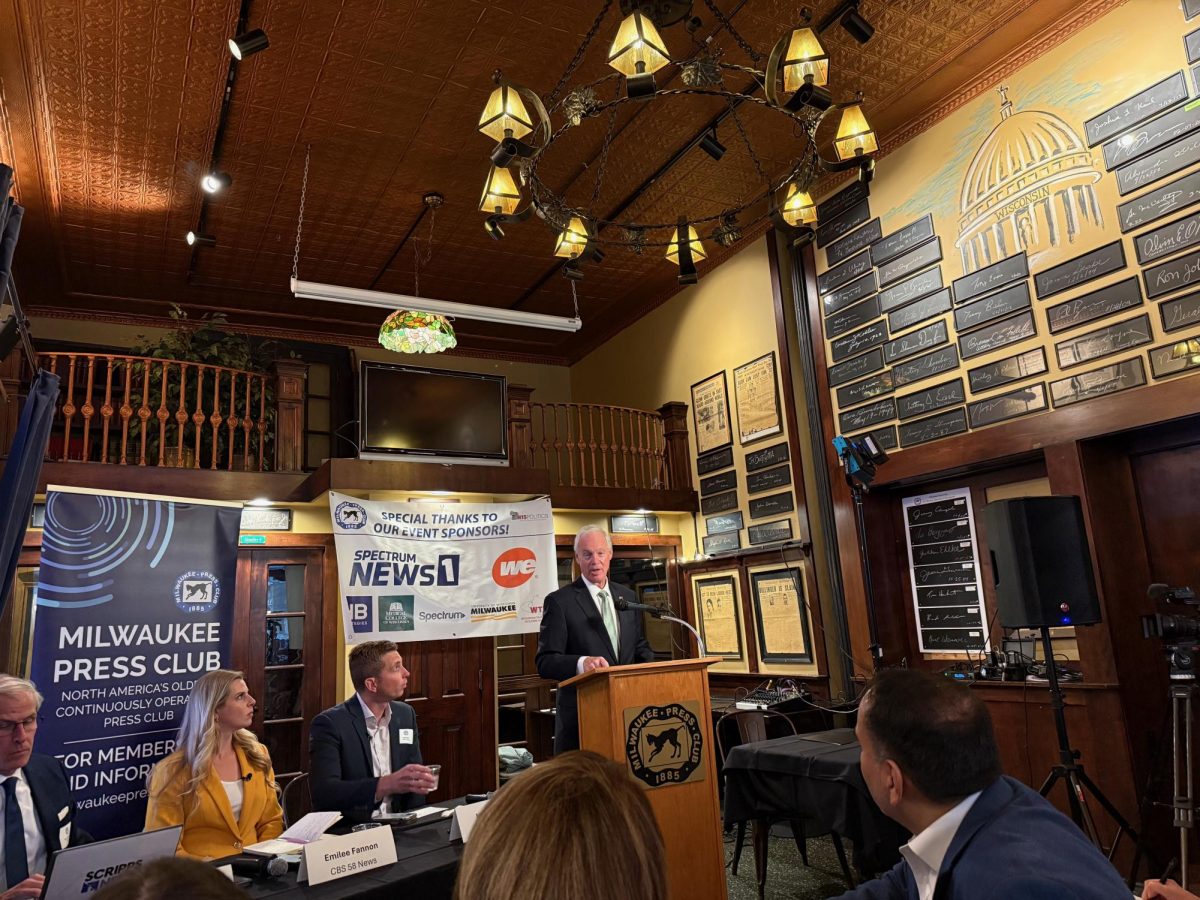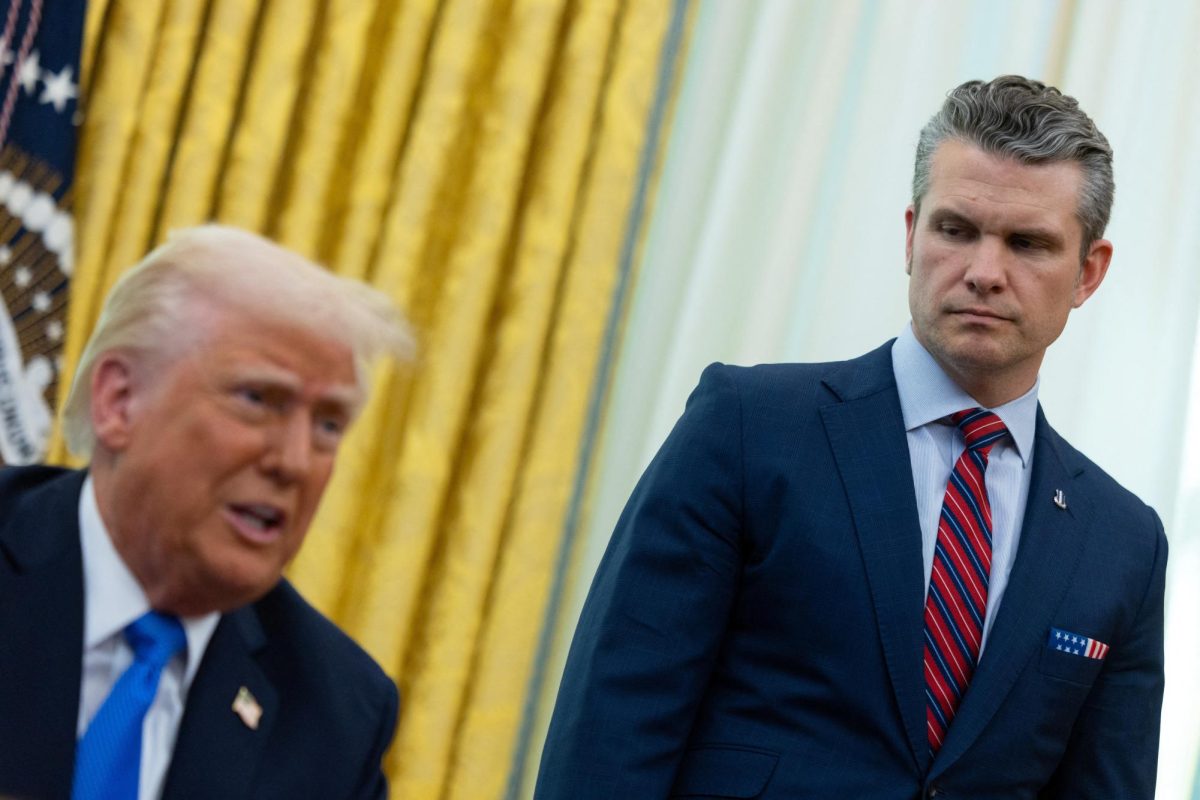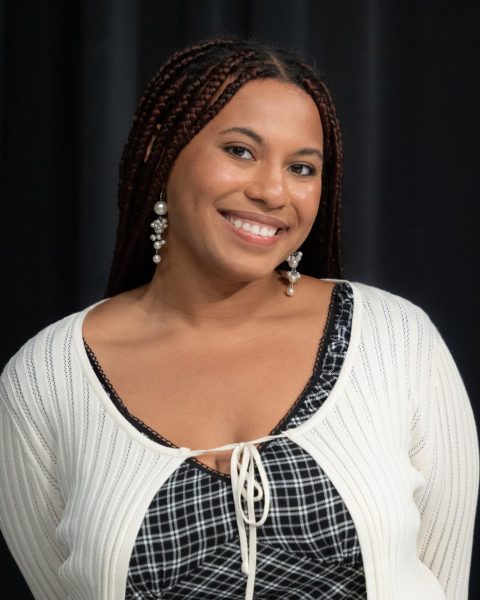For some, the notion that “every vote counts” is a rallying cry.
It is a statement that seems to encompass the totality of America’s democratic and free political systems. However, for others, this phrase offers nothing more than an insight into the serious branding issue behind voting in the United States.
Although an ever-present facet of American democracy and society, voting has seemed to take a backseat. While it is still an essential aspect of our political freedom, it is one that seems to be less trusted and sought out with every election.
This is particularly visible within younger demographics. An 11-point increase in voters between the ages of 18-29 was observed in 2020. This marked the highest youth vote count in nearly four decades. This is not surprising as youth turnout percentages tend to stick firmly between the low 40s and mid 50s, but it does also explain why voting seems useless to many young people. Voting is a habit.
Older people have been voting for decades. Between this fact and the sheer amount of people aged 60 and up, there is usually going to be a higher percentage of older voters.
It also does not undermine the effect that the youth vote has already had on policy and elections. Especially since programs such as Stacey Abram’s Fair Fight dedicate themselves to informing and preparing young people of color to vote and exercise their civil rights.
Although Abram’s and her organization have been a major force in reinvigorating America’s relationship with voting, it is also not a sufficiently staffed or funded effort. Major layoffs are currently affecting the group due to a lack of funds caused by mounting legal fees. A former powerhouse in fundraising for the Democratic Party, the company now shows the importance of individual actions when looking to change policy.
In Wisconsin, the youth vote has made a serious impact on the political environment. There was an increase in youth turnout in 2022 that led to the re-election of Democratic Governor Tony Evers. Teddy Landis, a student at the University of Wisconsin-Madison, was one of many that helped organize and motivate young eligibles to go out and perform their most powerful civic duty. His efforts would, in part, lead to Judge Janet Protasiewicz being elected to the bench in 2023.
Posting on social media can get your point across regarding what you believe, but it also only communicates your viewpoint. This can also be done more directly through voting. Many in Wisconsin are opting to vote “uninstructed” in this year’s Democratic Primaries, hoping to send a very clear message to current administration.
Voting uninstructed means that a person wants to be present within a political party, but does not want to vote for any of the candidates on the ballot. Although there is a multitude of reasons a voter might be inclined to vote this way, most who are choosing to do so this election have expressed a need to show their distaste with the United State’s handling of the crisis in Gaza. 8% of voters in the Democratic primary chose this delegation.
As young people, there are a lot of ways that we can inspire change in those around us. Voting, however, is the only way in which we can guarantee our stances and attitudes are understood and accounted for. It is the basis for every regulation, law, and politician that create the world that we live in.
If we throw away the opportunity to perform this civic duty, we are also throwing away the opportunity to create the change we really want to see. To prove your point, you’re going to have to put your vote where your mouth is.
This story was written by Clara Lebron. She can be reached at clara.lebron@marquette.edu.









